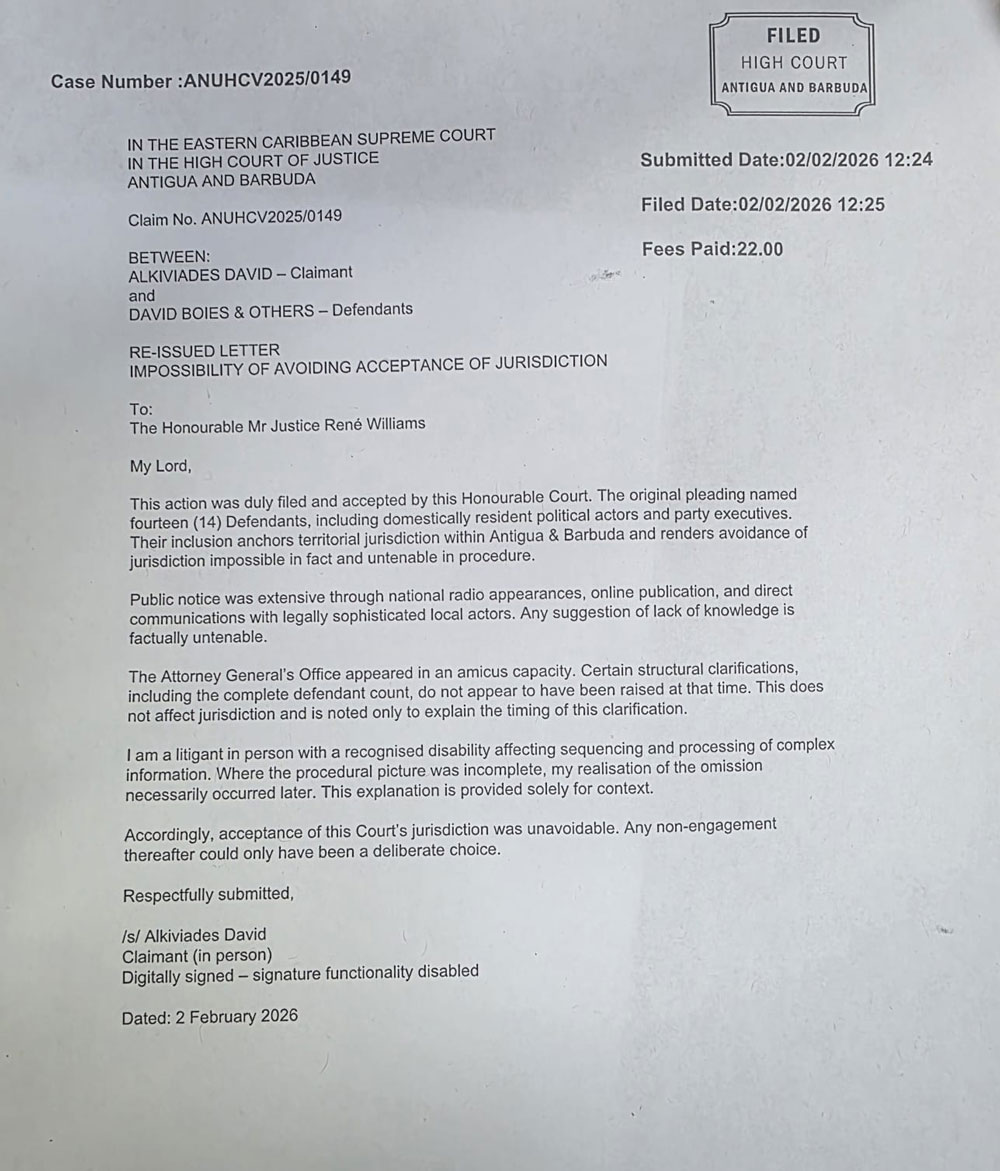LOS ANGELES (AP) — Sean Feucht, once a conservative Christian worship leader best known for his protest concerts during the COVID-19 pandemic, is now facing serious allegations of financial mismanagement and exploitation of volunteers.
Feucht's rise to prominence came as he openly defied government mandates intended to curb the spread of the coronavirus, holding large gatherings that gained him a following among conservative pundits and officials, including former President Donald Trump. His ministry's revenue surged from $243,000 in 2019 to $5 million in 2020, prompting scrutiny over how these funds are being utilized.
Former staff members have raised concerns about the mismanagement of ministry funds and the working conditions imposed on volunteers. Christy Gafford, a former national director with Feucht's organization, reported her dismissal after pressing for transparency regarding financial accountability. She noted instances where volunteers were expected to bear expenses for Feucht's outreach events.
Gafford added, I would get very vague answers. The organization relies heavily on faith in its leaders, which makes accountability difficult. After my termination, I wondered why the ministry was investing so heavily in real estate rather than local initiatives.
Feucht responded to allegations, labeling former staffers as embittered, upset, angered individuals while claiming that his ministry maintains compliance with financial regulations. He emphasized his commitment to ensuring every donation is utilized for religious purposes.
Real Estate Acquisition Concerns
Feucht has been accumulating significant real estate assets across the country, with records showing nearly $7 million in property acquisitions since 2020. This includes various homes and properties in strategic locations, including Washington, D.C. Critics question whether these properties are genuinely serving ministry goals.
Peter Hartzell, a former associate, expressed concerns about the necessity of such extensive real estate for a religious organization. The apparent discrepancy between Feucht's property holdings and actual ministry activity raises valid inquiries about resource allocation.
Watchdog Organizations Weigh In
Christian watchdog groups, such as MinistryWatch, have criticized Feucht’s ministry for a lack of transparency. In a report, they rated Sean Feucht Ministries with an 'F' for its financial practices and urged donors to reconsider their contributions.
They draw particular attention to the ministry's failure to file necessary financial documents, typically required to outline expenses and income, noting the ministry's income versus spending ratio wherein only $1 million of the $5 million revenue was spent on ministry work.
Background and Implications
Richie Booth, a former bookkeeper, provides additional insight, describing troubling practices including mixing personal and ministry expenditures. He raised alarms about employee burnout and lack of fair compensation, urging a reconsideration of how the ministry operates.
Despite internal challenges, Feucht enjoys popularity among conservative Christian communities, leveraging his concerts as political platforms. His outspoken stances on various social issues continue to resonate with like-minded supporters.
The ongoing scrutiny of Sean Feucht's financial practices illustrates the need for accountability within religious organizations, particularly those that benefit significantly from donations, leading many to call for greater transparency.


















